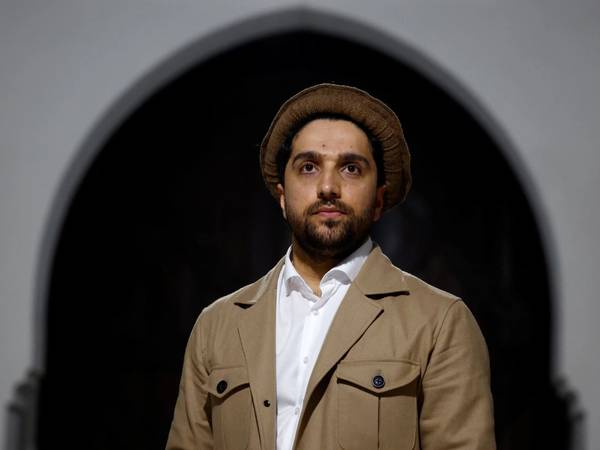Ahmad Massoud, leader of the National Resistance Front of Afghanistan, told an annual forum in France that Afghanistan has once again become a global centre for militant training under Taliban rule.
He delivered the remarks on Saturday in Saint-Raphaël, in France’s Var region, at the “Meetings for the Future” conference, where he addressed challenges to democracy.
Massoud said his movement had not pursued armed resistance as a goal but as a last resort after attempts at dialogue were rejected by the Taliban. He described the resistance as a means to achieve a political settlement that would allow Afghans to choose their own government and enable women and girls to access education and equal opportunities.
He argued that while international dynamics have shifted since the time of his father, Ahmad Shah Massoud, the Taliban’s behaviour has remained unchanged. He said the group continues to inflict repression similar to its earlier rule and warned that global fatigue and competing crises may be contributing to declining international attention to Afghanistan.
Massoud called on the international community to keep Afghanistan high on both humanitarian and political agendas. He said Afghanistan should remain under consideration by international judicial mechanisms, that sanctions against Taliban leaders should remain in place, and that no government should grant the Taliban formal recognition. He described these steps as straightforward measures that could significantly improve the lives of millions of Afghans.
He highlighted values such as democracy, women’s rights, and freedom of expression as shared principles between Afghans and Europeans, and said they had been systematically dismantled by the Taliban.
The “Meetings for the Future” conference, held annually in France, brings together policymakers, academics, and civil society leaders to discuss long-term global challenges.
Massoud also commented on recent clashes between the Taliban and Pakistan, saying the tensions reflected long-standing structural problems. He said Pakistan had long believed it could control the Taliban but that the group has its own ideology and maintains ties with organisations such as Tehreek-e-Taliban Pakistan, which claims territory inside Pakistan.
He added that Western governments had previously attempted to convince themselves that the Taliban had changed, possibly due to diplomatic misjudgements or a desire to move past the war. However, he said current Taliban actions and policies make clear that such assumptions can no longer be sustained.

